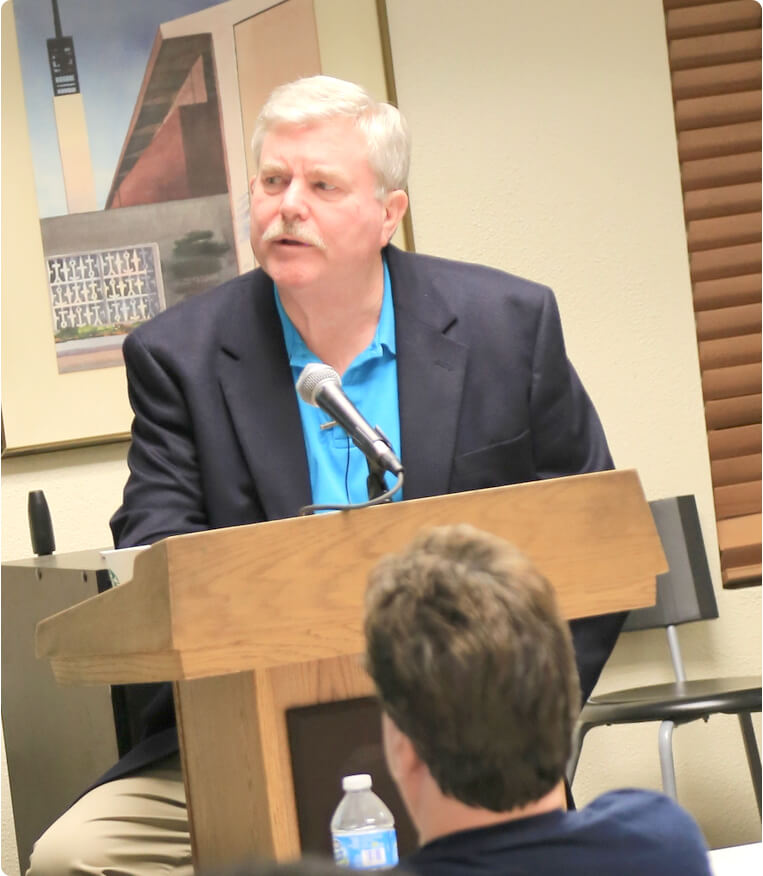By Rick Harmon, the California Probate Specialist
Problems involving people and money won’t get resolved by ignoring them. They don’t go away on their own, either. Settling an estate in probate is no exception. Lots of unexpected issues can impact probate in a negative way. Several involve a critical time factor where if you don’t take care of something by a certain deadline, bad things will happen.
Let’s look at some of these “time problems” that could be on the horizon in a probate case. Knowing about them now could help you avoid these problems later or at least be better prepared to deal with them.
Looming foreclosure
If foreclosure is imminent, that means several deadlines have already passed. In California, being in probate does not stop foreclosure. A Notice of Default is sent to the mortgage borrower(s). This is followed by a Notice of Trustee Sale, which is prepared by the mortgage lender, recorded with the county and published. A sale date is then set. In probate cases, one of the first things you’ll want to find out is the current state of the mortgage. Are payments up-to-date? If not, how far behind? While there’s still time, at CloseProbate.com we may be able to help.
Pending lawsuit that impacts the estate
If the decedent was on the defending side of a lawsuit at the time of death, chances are the suit is not going away. The circumstances of every case are unique, but settlements are often the fastest way to resolve the matter so probate can move forward and you can get on with your life. For estates that are cash poor, borrowing against real estate may be the solution for settling a lawsuit and making it go away. This is where our services come into play.
Aggressive creditors
Creditors with a legitimate, timely and properly filed claim against an estate are creditors who are determined to get paid. They are not going away. Reject the claim, and you could be looking at a lawsuit, adding to your own time and expense in closing the probate case. To avoid these time traps, you’ll want to know all creditors to the estate, including accounts and amounts. It’s the personal representative’s responsibility to determine the validity of credit claims. Once that’s established, paying off some or all creditors means fewer people involved in the probate. That’s going to make your situation easier to manage. When cash is needed to pay off aggressive creditors who will not wait, we may be able to help.
Reverse Mortgages coming due
In California, the death of a property owner triggers a reverse mortgage due date. That means it’s due in full. If the estate is unable to pay the debt, some reverse mortgage lenders may begin the foreclosure process almost immediately, so time is of the essence. The estate representative may not have much time to sell or refinance the property to satisfy the reverse mortgage. Meanwhile, interest is still accruing on the loan, which erodes equity available to the heirs. Banks are notoriously fickle about financing when it comes to estates in probate and they are usually unwilling to write a new mortgage to satisfy the ballooning reverse mortgage hovering over the estate. If a reverse mortgage catches you unprepared, contacting CloseProbate.com could resolve the time-sensitive problem of the reverse mortgage lender pounding on the door.
Learn more and get answers about probate in California at CloseProbate.com.





